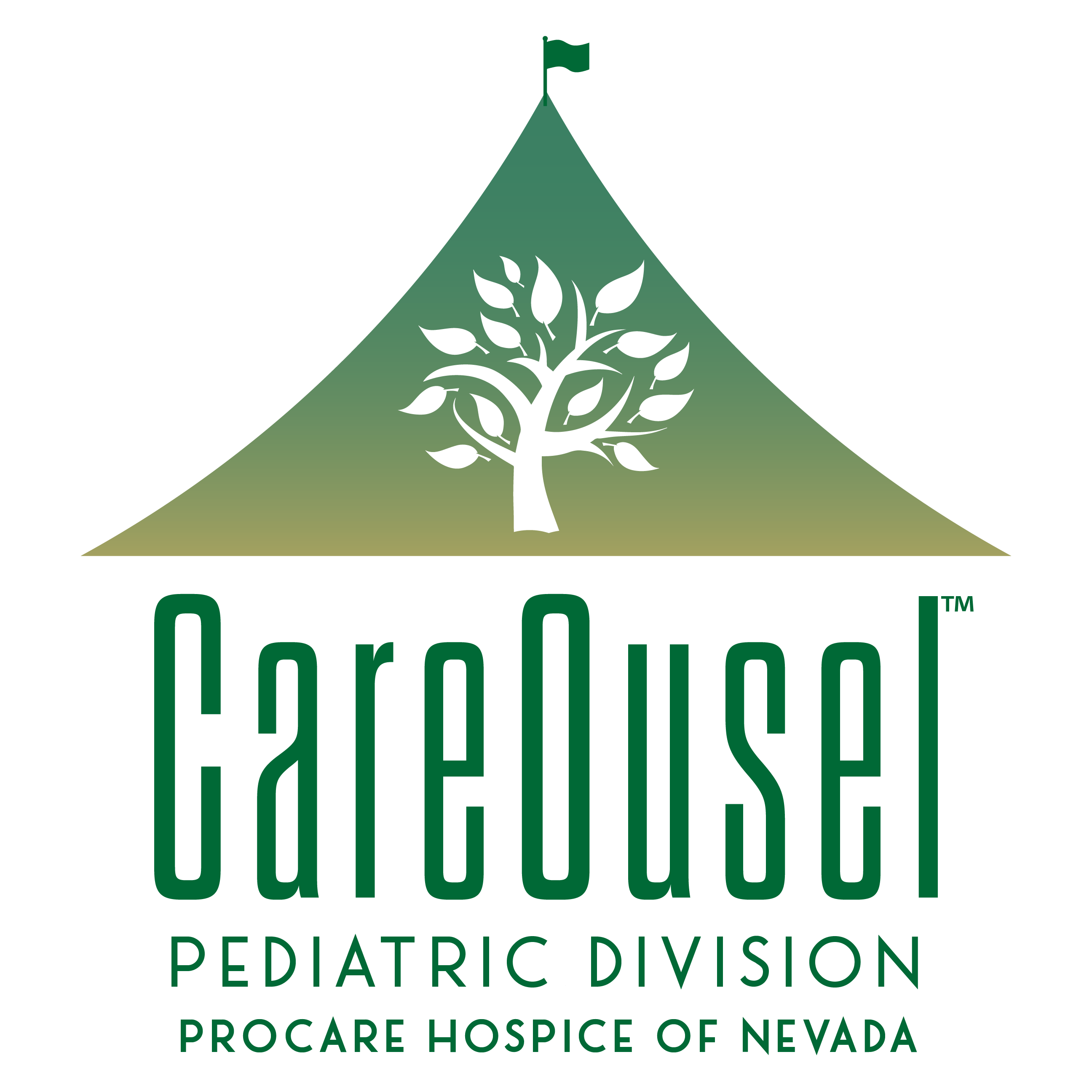
Grief and Bereavement
The loss of a loved one is probably the worst grief we humans can endure. When a beloved mother, brother, spouse, son, close friend or family member dies, it can seem impossible to know how to go on.
We at ProCare Hospice are family-owned and operated. We celebrate the family bonds of every kind of family, whether they are blood relatives or chosen family. We’ve lost family and we know how devastating the loss always is. We know there are no easy fixes to get through the awful period of mourning and adjustment that lies ahead.
While it is a road each person has to walk individually, you are not alone. We have been with you through your loved one’s terminal illness and we are with you now. Here are a few resources that may help. When you need help, reach out.
1. What grief and bereavement services does ProCare Hospice offer?
We offer different services for those experiencing grief and loss. We know many people may need support or guidance in dealing with their sorrow, even if they have a large support network, or no support network. The services we offer include:
- Individual Counseling
- Family Counseling (including children and teens)
- Therapeutic Grief Support Groups
- Understanding Grief Program (for the newly-bereaved)
- Annual Celebration of Life Candlelight Remembrance Service
- Coping With Grief During Holidays Program
Sometimes individual counseling or a few group sessions are enough to get a bereaved loved one through the worst of their grief. Sometimes it takes a year. Sometimes a person is fine until the holidays are around the corner and memories and sadness become overwhelming.
All of these situations are normal for someone grieving a loss. There is no right or wrong during this time, there is only the grief. That’s okay. And expected. We are here for you.
To learn more about any of these services or programs, call 702-380-8300.
We know nothing can replace a loved one. The ProCare Hospice Bereavement Team is there to provide tools and to help guide you as we have many others before. Other resources to help you find solace and understand grief are located here.
2. How to Cope With Grief
No article can tell you all you need to know to understand grief. Grief is different for every person, even though it typically shares many of the same characteristics. There are helpful resources online, but you can’t expect a magic fix. You have lost something precious and irreplaceable — a loved one.
It may help to look at grief as a practice, like exercise or meditation. Things don’t get easier over time, but the more you practice, the stronger and more able you become. Your loss won’t go away, but you will strengthen and be able to deal with things that right now, you can’t imagine. Holidays, financial matters, the awkwardness of work colleagues’ pity, or TV on the couch alone may be unimaginable now, but one day you will be able to cope with all these things. The first rule of grief is to be kind to yourself. You are in pain, a raw, often traumatic pain. It will take time. Probably more time than you think or more than anyone tells you. Accept that many things can and will trigger strong and unexpected emotions. Most of all, understand your grief is just that — yours. No one can tell you where you should or shouldn’t be at any given time of grief. It is a journey that only you can take.
You may have heard of the five stages of grief. These stages are not absolutes, nor are they meant to be. While it can be helpful to know other people have had similar reactions to grief, don’t be boxed in by this. Your grieving process is your own.
As with almost anything in life, support is vital. Only you can make the journey, but you are not alone. ProCare Hospice is a family-owned and operated hospice. We have lost loved ones and we understand what you are going through. We are trained to help guide and connect you with resources while you grieve.
The ProCare Hospice team supports the caregivers and family up to and beyond the passing of a loved one. We know that the ending is only the beginning for the survivors. We know that there is little respite between the long journey of a terminal illness for a beloved person and the next stage and life without them.
If you are grieving and unsure what to do or where to turn, call 702-380-8300. We will connect you with a bereavement specialist or provide information on our support groups.
Remember, you are not alone.



 Back To Top
Back To Top